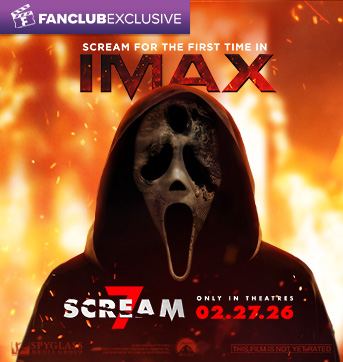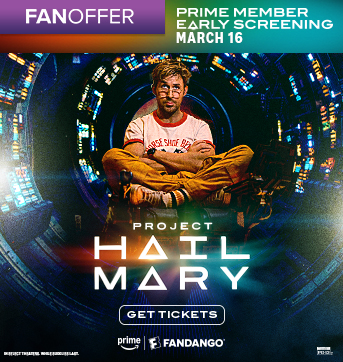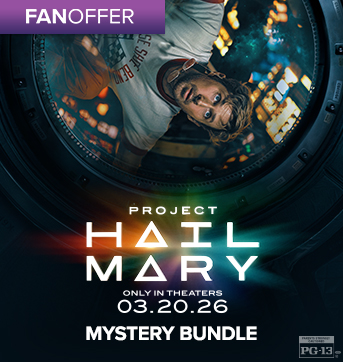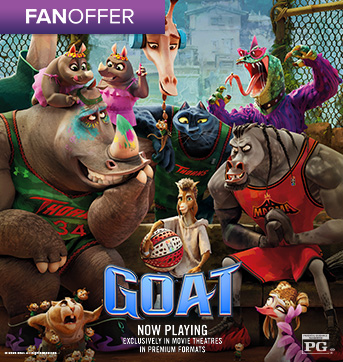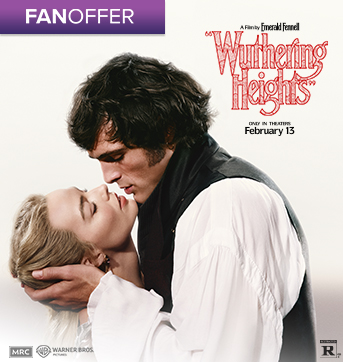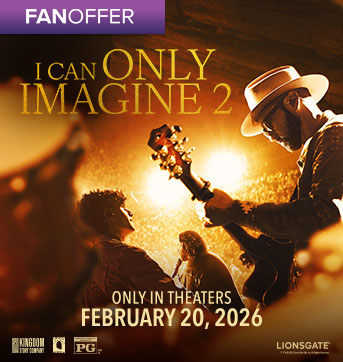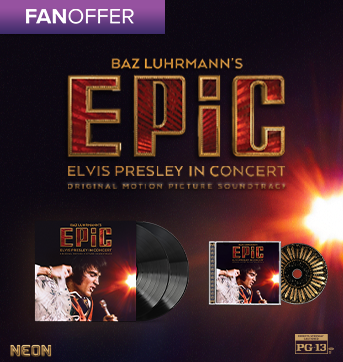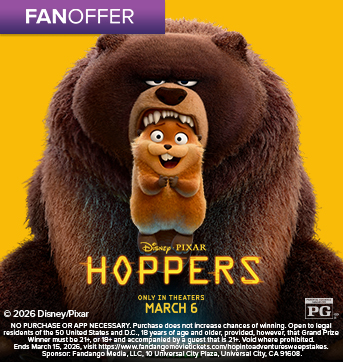
The Spanish filmmaker reveals why he returns to the mother-son theme and his rehearsal secrets in A Monster Calls, about a boy facing loss… and hope.
In his first film, The Orphanage, Barcelona-born director J.A. Bayona put a mother through the worst possible scenario: the loss of her child. In his second movie, The Impossible, he showed how a mother is capable of anything to save her family. Now, in A Monster Calls, recently nominated for 12 Goya Awards (the Spanish Oscars), the 41-year-old filmmaker adapts the Patrick Ness book about Conor O’Malley, a young kid (newcomer Lewis MacDougall) facing his mom’s imminent death. A monster in the shape of a tree, voiced by Liam Neeson, appears to prepare the boy for what’s inevitable. The movie also stars Rogue One’s Felicity Jones as his mom and Sigourney Weaver playing his very stern grandma.
We talked with Bayona a few weeks ago in the middle of the preproduction for his new movie, Jurassic World 2, that will start shooting in March. He describes the fifth title in the Jurassic Park saga as “more dangerous” than the previous films in the series. “We will go to places where the franchise has never been before,” he said.

Fandango: Mothers and sons are a recurrent theme in your movies. Why is that?
J.A. Bayona: There’s no more powerful relationship than the one that deals with mothers and sons. I was raised in the Mediterranean region, where family is very important and, at its heart, there’s always the mother. There’s a cultural element there that transfers to my work in a very fluid way. But what really interests me in the mother-and=son relationship is to take it beyond our own experience, as a catharsis, where truth emerges. In The Impossible the tsunami forced the characters to tell the truth about themselves, otherwise they didn’t have a chance to survive. And in A Monster Calls there’s a countdown to tell that truth, because the mom is very sick and she’s going to die.
Fandango: The movie feels a bit more challenging than the book it's based on.
Bayona: I don’t think the book is less challenging than the movie. When you read the book you imagine the story without visualizing it in a conscious way. For instance, in the book the mom has lost all her hair. If we had kept her in the movie looking that way, then it becomes a movie only about cancer. When you visualize a book what you are actually doing is liberating yourself from the darkest places described in its pages. We had to make sure the movie was accessible to all audiences. That was our goal.
Maybe there’s a perception the tone of the movie is heavier, but I don’t think that’s the case. In fact, people love the book because once they finish it they feel a very strong emotional attachment to it. That’s what interested me about this project. The book is emotionally very powerful, and there’s also a lot of fantasy.
"Today we don’t tell the truth very often: television, politicians… everything is fake."
Nowadays there are not that many fantasy movies with such an emotional baggage and such profound reflection about the importance of telling the truth. Today we don’t tell the truth very often: television, politicians… everything is fake. This is a movie about the truth.
 F
F
Fandango: The actors had the rare chance to rehearse weeks before the shoot. Did that process alter the screenplay in any way?
Bayona: As a director I have to make sure to have very clear where the characters stand. For instance, in the movie the mother and son are in a very different place than the father and son. So Felicity Jones and Lewis MacDougall spent a lot of time together before the shoot. The first day they met, we went to an amusement park and rode a roller coaster. That creates a strong connection between the actors, especially if they hate roller coasters [Laughs]. We also went swimming, to the movies, to restaurants… and then we had around 10 days for rehearsals. So once we got to the set, they had already established a relationship, they were friends. That’s why we shot the most powerful emotional scenes towards the end of the shoot.
It was very different with the father [played by Ben-Hur’s Toby Kebbell]. I didn’t want any kind of prior contact because there’s no relationship between the characters. Lewis and Toby didn’t rehearse either, and I didn’t let them talk to each other beforehand. When we put them together in front of the camera for the first time, we captured that distance between them.
Fandango: You chose Felicity Jones way before she was cast in Rogue One: A Star Wars Story. That was a coup for you.
Bayona: I loved her in Like Crazy. I was looking for an actress willing to go through a process of physical degeneration, but also able to keep her physical beauty. In A Monster Calls I never wanted the mom to become just a sick person: I always wanted her to be a mom. I thought Felicity has a very Joan of Arc beauty: when you see her without any hair, you still look at her with love. There’s no rejection.
Fandango: Liam Neeson’s voice is like Morgan Freeman’s. Audiences can recognize it with their eyes closed.
Bayona: That’s exactly what we wanted. When we were looking for an actor to play the monster, we wanted an actor capable of portraying the Green Man, a character very well known in the Celtic mythology. So if you are looking for somebody that can represent the Celtic mythology, that’s also Irish, has a powerful voice and radiates wisdom, well, you don’t have that many options! [Laughs] Liam Neeson was the only actor capable of doing it.

Fandango: How do you feel about the persistent comparisons to Guillermo del Toro?
Bayona: Well, for me it is an honor to be compared to Guillermo del Toro, Steven Spielberg or Alejandro Amenábar. Del Toro and I have a very different style. He loves fantasy and his imagination overflows the screen. I think I’m a bit more austere. I like to reach the essence of the story, and strip it naked. Guillermo’s imagination takes over the screen. That’s the difference between us.
Fandango: You are just a few months away from shooting Jurassic World 2. What’s your main goal as a filmmaker after joining such a successful franchise?
Bayona: The movie will be more… dangerous. Obviously, Chris Pratt is in it, so that means it will also be fun. But it will rely in that sense of danger. Being the second chapter in a new trilogy, we decided to go that way, like The Empire Strikes Back and Star Trek: The Wrath of Khan did before. Those are clear examples of what we are trying to do here. I was sincerely surprised when I read the screenplay. It goes to places where the series has never gone before and, at the same time, we are honoring the previous chapters and taking them one step further. There are plot twists people are not expecting at all; they will be really surprised by them.
Fandango: What five movies have defined your life, both as a person and as a filmmaker?
Bayona: Superman, E.T. the Extra-Terrestrial, François Truffaut’s The Soft Skin, [Roman Polanski’s] The Tenant and 2001: A Space Odyssey.
A Monster Calls opens December 23 in Los Angeles and New York, and nationwide on January 6.

